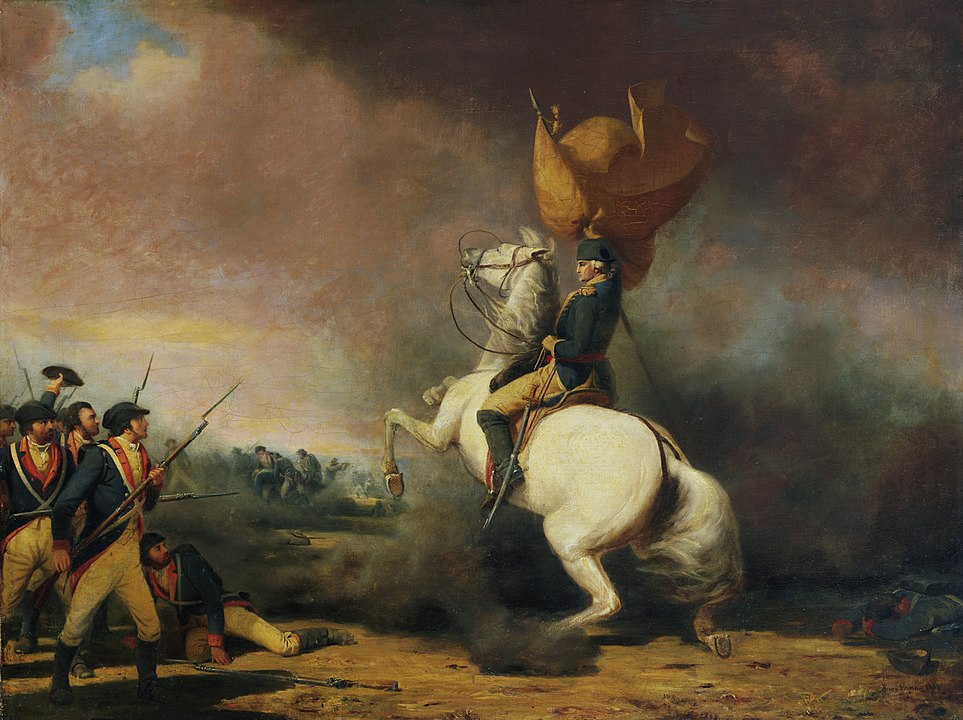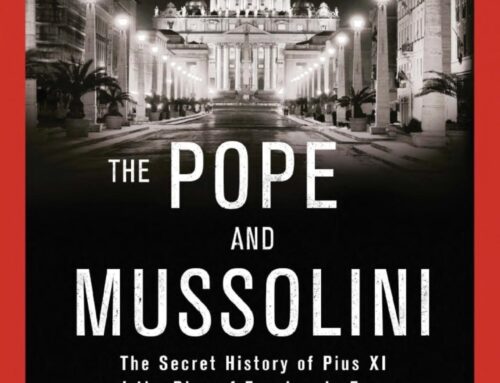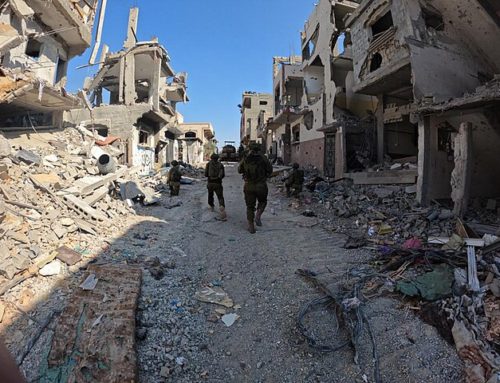Introduction
I recently heard a lecture by David McCullough on the first 18 months of the American Revolution. McCullough highlighted that the odds were great against a successful revolution given that Great Britain had the strongest army and navy in the world. Stated differently, there were six or seven times when Britain could have defeated our quest for independence. Our successful revolution could be classified as miraculous.
Throughout the American Revolution we were hampered by our form of Government. Each colony acted independently, not being subject to a central body. To pass legislation, the Continental Congress required unanimity. Moreover, they could only ask individual colonies for needed funds, arms, clothing, etc. As a result, our soldiers for long periods were underfed, lacked appropriate clothing and not paid. As a consequence, many recruits deserted or only served for short periods. Lastly, enlistment was for only one year. Thus, Washington and his staff were confronted with large turnover and inexperienced troops.
The Continental Congress commissioned George Washington as Commander in Chief of the Continental Army on June 19, 1775. He resigned as Commander in Chief on December 23, 1783, after Britain ceded American independence. Only after America won independence, was Washington remunerated.
McCollough felt that Washington’s appointment was based in part on his previous military experience in the French and Indian War where he represented Virginia, the most influential of the Colonies, and his outstanding leadership qualities. McCollough feels that only George Washington had the temperament and requisite skills to defeat the British.
Main Theme
One of the many low points for Washington was in the Fall of 1775. His ragged troops with little arms were stationed outside of Boston. He therefore did not possess the firepower to dislodge the British.
Henry Knox, who despite being at that time, a low-level officer, was able to communicate directly with Washington. Knox convinced Washington that with a small force he could bring 43 heavy brass and iron cannon, eight mortars, and two howitzers to Boston from Fort Ticonderoga, some 300 miles away. They were removed from their mountings and transported by boat and ox cart. Knox and his men moved the cannon 300 miles in fifty-six days. They arrived outside Boston on January 25, 1776. The Americans were stationed on cliffs above the British. Thus, they could fire down on British troops and ships. When powder for the cannon arrived, the Americans began firing on Boston. Under secret negotiations, the British agreed to vacate Boston and not burn down the city. The British navy ferried their army, ultimately settling in Staten Island.
McCullough pointed out that after this apparent victory in Boston, the Americans became overconfident in the subsequent New York campaign. Washington’s army was almost destroyed on several occasions which would have ended the revolution.
The British decisively defeated the Americans in battles on Long Island, Brooklyn, and Washington Heights. Washington’s successful retreat from Brooklyn to Manhattan in hindsight seems miraculous.
Because of strong winds, the British navy was unable to sail down the East River to cutoff the American troops remaining in Brooklyn. Under the cover of night, some 7,000 American troops were ferried across the East River. The next morning a fog prevented the British from noticing that the remaining 2,000 American troops were being ferried to Kips Bay. In total, 9,000 Americans escaped without any loss of life.
Subsequently, the British captured 3,000 prisoners and valuable cannon at a stronghold near where the George Washington Bridge now stands.
After these series of defeats, Washington abandoned New York and moved to New Jersey. His troops then marched almost the entire length of the state, crossing the Delaware river into Pennsylvania.
By the time Washington arrived in Pennsylvania, the troops under his command numbered only 3,000. Soldiers left either because their one-year recruitment period expired or because they deserted.
The American troops in Pennsylvania were a sorry lot. Many of them were half-starved, with little clothes and no shoes. The British commander, Lord Cornwallis, wanted to wait until the Delaware River froze so that the troops could “catch Washington and end the war.”
As a counter measure, Washington decided to launch a surprise attack on the British. In the early evening hours of December 25, 1776, Washington’s men crossed the Delaware River. Washington’s troops then marched south for about nine miles in predawn darkness and blinding snow. Two of his soldiers froze to death during the march.
At about 8:00 AM, Washington started their audacious attack which took the Hessian garrison completely by surprise. The Hessians threw down their weapons and surrendered. The Americans captured 9,000 prisoners as well as a sizable store of guns and ammunition.
Subsequently, the Americans in another surprise attack defeated the British at Princeton.
The effect of the American victories at Trenton and Princeton was marked. Following close upon a string of demoralizing defeats, the victories put new life into the American cause and renewed confidence in Washington as a commander.
Conclusion
The engagements strengthened the claim of American independence, which had been declared on July 4, 1776. Although the war would continue for nearly six more years, Washington’s nine-day campaign in the winter of 1776–77 conclusively demonstrated that the Continental Army could fight and win against seasoned British troops.
Washington learned an important lesson during this period. He understood for America to prevail, he needed to fight defensively and keep his army in the field. Instead of major battles, Americans would focus on small skirmishes.




